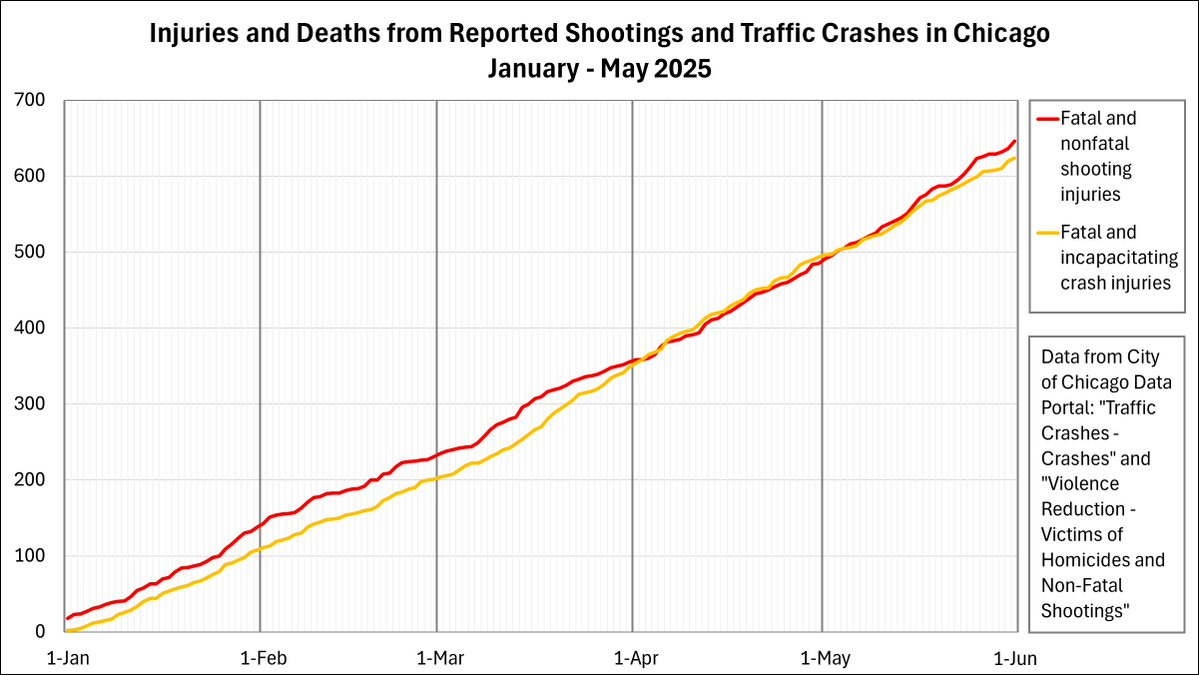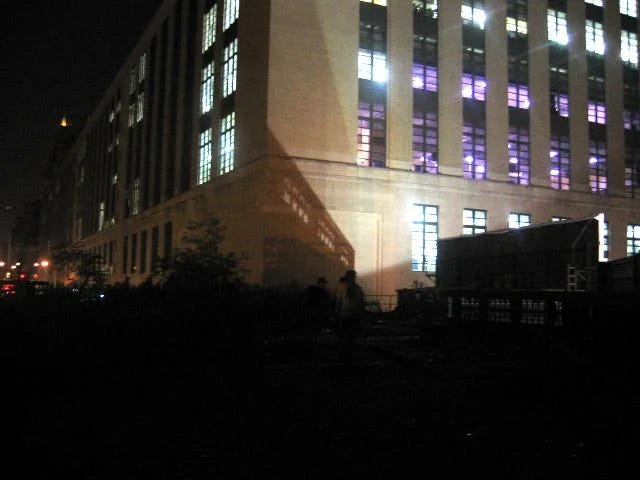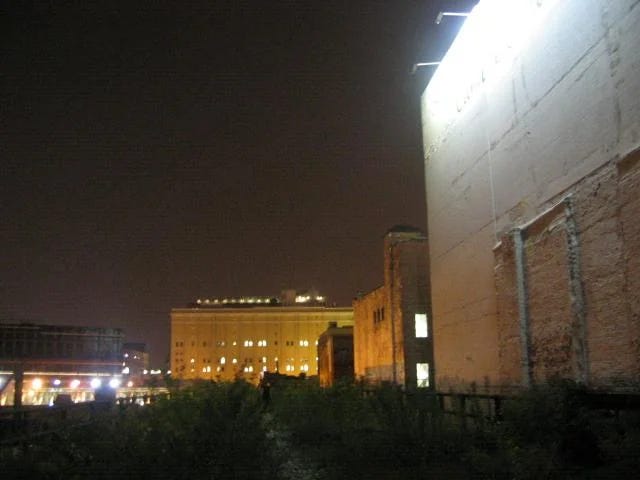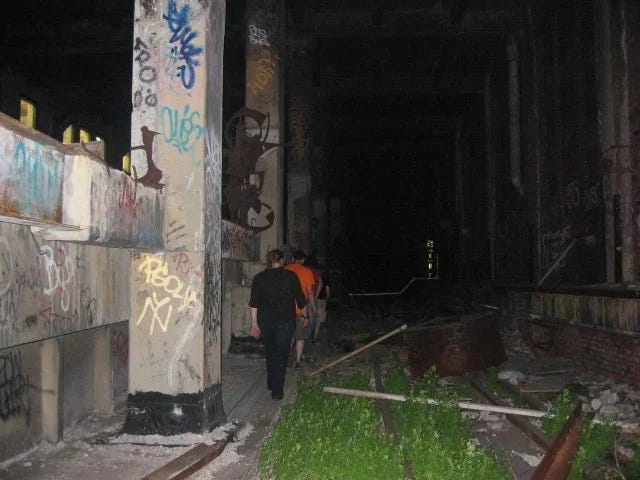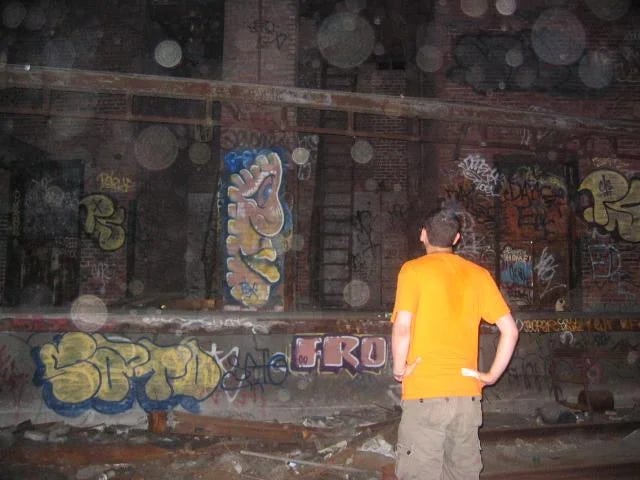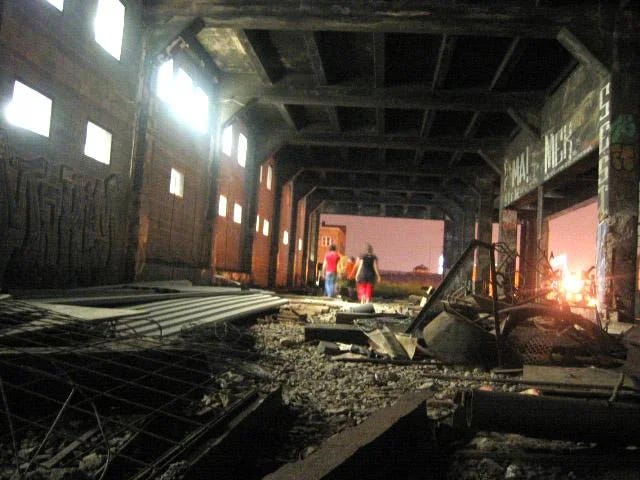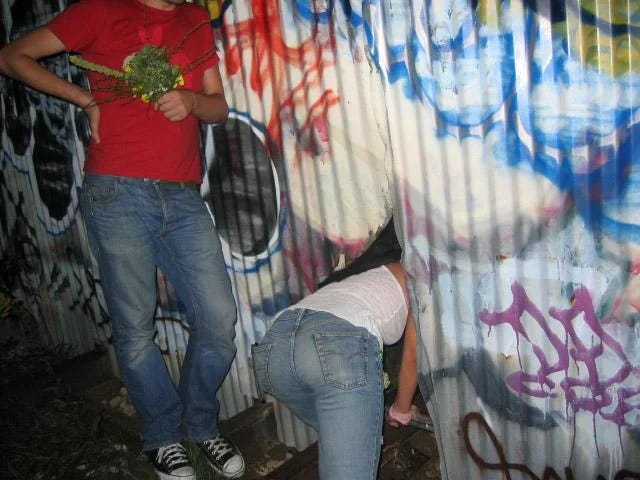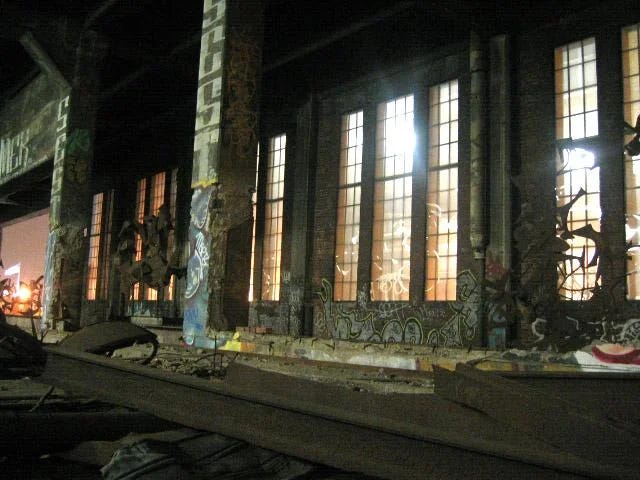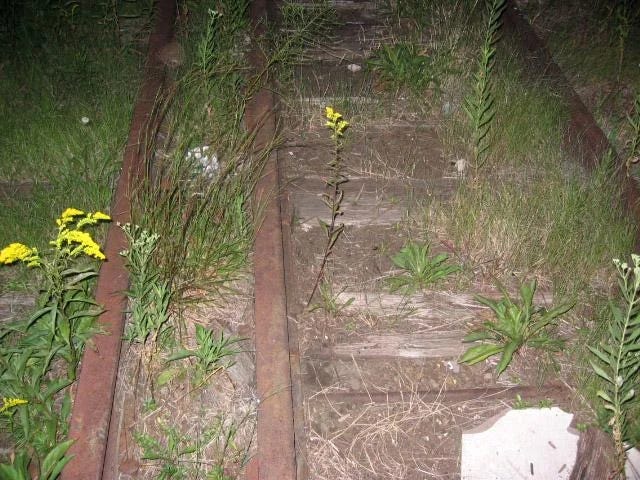No More Fake Nonprofit for College Admissions, NYC High Line Before Pics, & More
Around the College Towns: Links and commentary related to urbanism and higher ed for the week of June 7 - June 14.
Note: Around the College Town is my weekly links round-up post. I offer commentary on news, posts, or articles from the week, usually focusing on things that fall through the cracks. I am in China right now, where Substack is blocked, and my VPN isn’t working, so publishing this post is somewhat difficult. Thus, it will be a bit light this week. Plus, I use a lot of Reddit when I travel, so this is a little Reddit heavy. Sorry.
End of Nonprofit College Admissions Nonsense
A student on the Subreddit ApplyingToCollege asks if starting a nonprofit is “useless now.” As someone who has long been annoyed by high school students starting pointless nonprofits to boost their applications, I was heartened to see most commenters agree that the tactic is indeed useless.
By the way, I mostly blame schools for this trend. We incentivize students to do this kind of work, and the applicants obliged. There is a wealth and class aspect to it, too, with the affluent having the resources, time, and know-how to even do this kind of thing. Honestly, I would rather see us give more credit to working crappy jobs. I worked a bunch of jobs before I even started college, lifeguard, cashier at a Golden Corral, and at a youth fitness center at my local YMCA. All of these jobs kind of sucked in their own way, but I grew a lot from doing them because I was a dumb teenager who didn’t know anything.
I am glad I wasn’t wasting my time with starting a nonsense nonprofit when I was a dumb high school kid, pretending that I knew what the world needed. College admissions should not be promoting this stuff. It is our own fault in higher ed.
Sister City Outgrows Sister
Over on the Geography Subreddit, a user asked an interesting question about San Antonio and Austin. Basically, are there other sisters or close by cities that flipped in terms of population or cultural relevance like the two Texas cities have done in the past two decades? There were a lot of fun and informative responses. Here are my favorites:
Baltimore and DC. For the vast majority of the US history Baltimore was a much larger city and metro.
Most dramatic in both speed of change and overall size must be Shenzhen overtaking Hong Kong. Hong Kong used to be ~1/5 the size of Chinese economy even up until the late 90s while Shenzhen was a village until the 80s. Now Shenzhen has double the population of Hong Kong and a larger overall economy as well.
San Jose is now larger than San Francisco. 100 years ago it had less than 10% of SF’s population.
Atlanta came into existence because Decatur, GA didn’t want a railyard in their city. So the railroad was extended by a few miles, and a city grew up around the terminus of the railroad. Now Decatur is a suburb of Atlanta.
Cincinnati - The former was projected to urbanize on the same level as NYC but growth stagnated despite being less affected by the Rust Belt phenomenon. Cleveland, Indianapolis and even Columbus managed to exceed their urban growth over time.
Links I’m Reading This Week
Texas may get an absurd law curbing free speech on university campuses at night.
College closures are an issue in other countries, too.
Barstool employee complains about a baby. I have spent a lot of time on flights the last couple of weeks, and have heard my fair share of babies crying. But I think people complaining about infants are even bigger babies.
Chicago has about the same deaths from car crashes as it does from guns. But the dominant narrative on social media and traditional media mostly just focuses on the latter.
Penn State and UCLA reportedly are taking private equity investment to boost sports. College sports really are in a new frontier.
K-pop has apparently been banned in China since 2016. Don’t tell the Chinese, though, the neighbor's music is everywhere here! But it might get more popular as the Chinese government looks to unban the cultural import.
Around Substack
Note: I also think it’s important to shout out some fellow Substackers whom I am reading here this week (sorry, no quotes this week though). Here are a few:
David Weller, who writes as the Barefoot TEFL Teacher, has a fun article exploring if drinking alcohol helps with language acquisition. Turns out, it can! I'd better have a couple more Tsingtaos on this trip then.
Mark R. Brown, AICP who writes for Car Free America has a good comparison of two American cities I have heard a lot about but have never visited: Greenville and Asheville. I am particularly interested in these two cities because they are both college towns, hosting Furman, Clemson, and UNC Ashville.
Hayden Clarkin, aka The Transit Guy, explores the least-ridden subway in the US: Cleveland. I went there last summer and really enjoyed the city, so I hope its metro can get on the right track.
Finally… Old High Line Photos
A user on the NYCPics Subreddit published old snapshots of them exploring the future site of the High Line in New York City before it was turned into the elevated park. The old warehouses and dilapidated infrastructure are a reminder of how much cities can degrade due to neglect. But juxtaposed to the beloved (and overcrowded) tourist site, the old photos are also a reminder that we can fix our problems.
These kinds of High Line-like projects are fascinating case studies in reuse, hope, and urbanism. I have now been to two on recent trips, and I plan on turning the visits into future articles. They also mentioned to consider donating to the organization that helped push the creation of the High Line in NYC, too.



